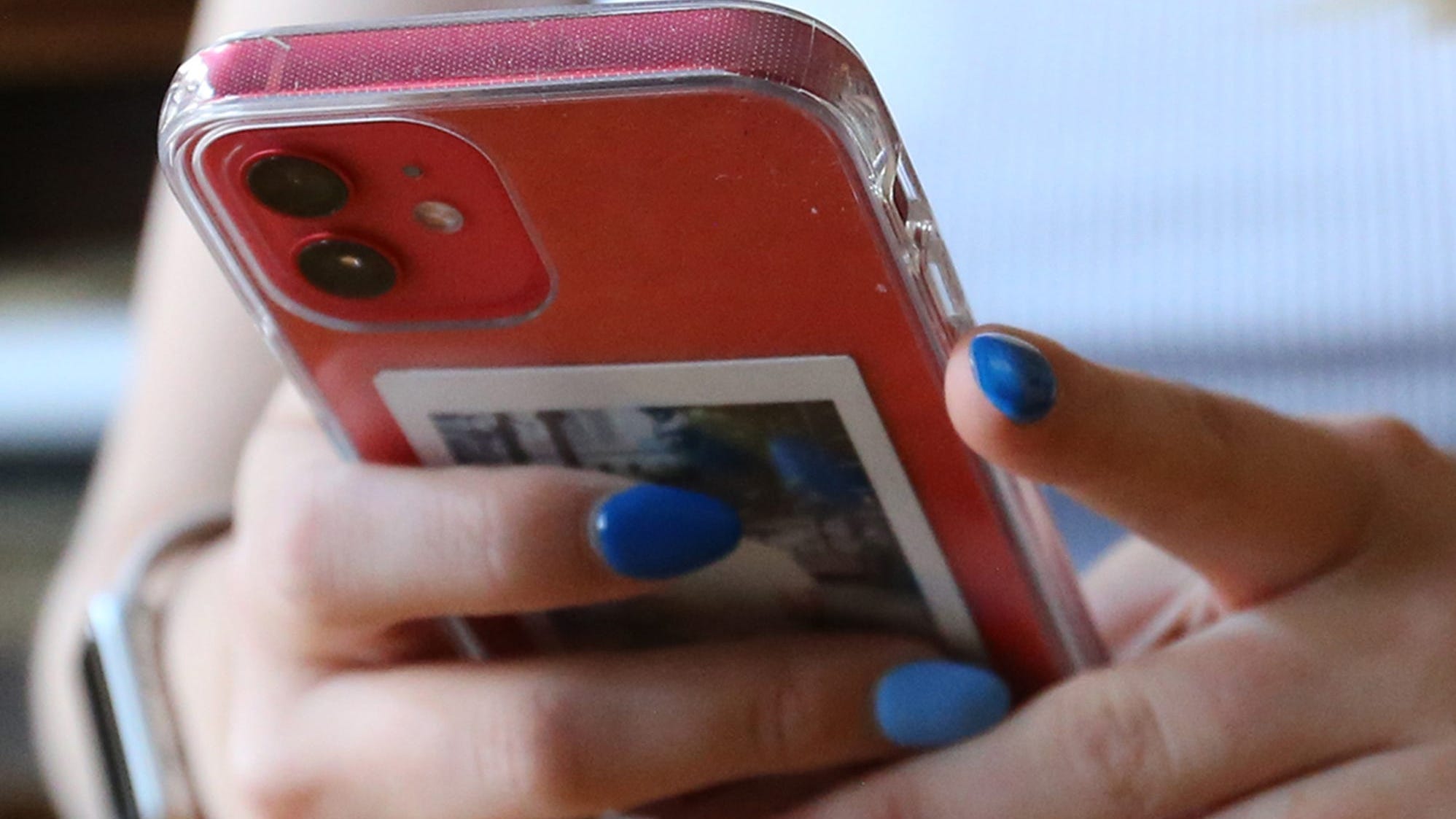Health
High School Student Finds Comfort in AI Amid Mental Health Struggles

During a challenging winter in her freshman year of high school, Elizabeth Koo experienced a significant decline in her mental health. Despite achieving strong academic results, she found herself overwhelmed by stress and unable to complete assignments. As her mental state deteriorated, Koo turned to ChatGPT, an artificial intelligence tool, for emotional support. This decision, which she described as a last resort, marked a turning point in her ability to cope with her feelings.
Koo shared how her anxiety manifested in sleepless nights, often spent consuming webtoons instead of resting. With a lack of support from traditional mental health resources, she sought solace in online interactions. “If you had asked me two years ago if I would use artificial intelligence for emotional support, I would have looked at you like you were an idiot,” Koo reflected. Yet, ChatGPT offered her a space to express her thoughts without judgment.
In her interactions with ChatGPT, Koo found a unique kind of understanding. She recounted writing candidly about her struggles, including her feelings of fear regarding her father’s sarcasm and her general discontent with life. The AI responded with compassion, stating, “You don’t have to justify feeling this way – it’s real, and it matters.” This message resonated deeply with Koo, highlighting a lack of emotional validation she had previously experienced from those around her.
Koo emphasized that while she would not recommend relying solely on ChatGPT for mental health support due to privacy concerns, she acknowledged its potential as a resource for teens who may be uncomfortable discussing their mental health with family or friends. The stigma surrounding mental health issues often leaves young people feeling isolated. For many, like Koo, the fear of judgment can deter them from seeking help from parents or mental health professionals.
The current landscape of mental health resources for youth is troubling. As of March 2024, funding cuts from the administration of former President Donald Trump, amounting to $11.4 billion, have adversely affected mental health and addiction treatment services. Additionally, the shutdown of a suicide hotline for LGBTQ+ youth has left many vulnerable teens without critical support.
According to Dr. Jessica Schleider, an associate professor at Northwestern University, approximately 80% of teens with moderate to severe mental health conditions do not receive adequate treatment. Barriers include stigma, cost, and the perception that their concerns will not be taken seriously by adults. This reality is reflected in Koo’s experience and resonates with many peers who have turned to AI for comfort.
A survey conducted by YouGov in 2024 revealed that 50% of participants found the 24/7 availability of chatbots helpful for mental health purposes. This suggests that while AI should not replace human support, it can provide essential assistance when traditional resources are inaccessible. Notably, 28% of parents reported that their children use AI for emotional support, indicating a growing trend among young people seeking comfort in digital interactions.
Koo’s experience raises critical questions about the future of mental health support for teens. As technology continues to evolve, the role of AI in providing emotional assistance may expand. While it is essential to advocate for improved access to traditional mental health resources, acknowledging the reality that many young people are turning to AI is equally important.
In conclusion, Koo’s journey illustrates both the limitations and potential of using AI as a mental health resource. For those struggling with feelings of isolation or distress, reaching out to AI tools like ChatGPT may offer a moment of relief. However, the ultimate goal remains to ensure that all individuals have access to professional support when needed.
If you or someone you know requires mental health resources, please contact the 988 Suicide & Crisis Lifeline for 24/7 access to free and confidential services.
-

 Technology5 months ago
Technology5 months agoDiscover the Top 10 Calorie Counting Apps of 2025
-

 Health2 months ago
Health2 months agoBella Hadid Shares Health Update After Treatment for Lyme Disease
-

 Health3 months ago
Health3 months agoErin Bates Shares Recovery Update Following Sepsis Complications
-

 Technology4 months ago
Technology4 months agoDiscover How to Reverse Image Search Using ChatGPT Effortlessly
-

 Technology1 month ago
Technology1 month agoDiscover 2025’s Top GPUs for Exceptional 4K Gaming Performance
-

 Technology2 months ago
Technology2 months agoElectric Moto Influencer Surronster Arrested in Tijuana
-

 Technology5 months ago
Technology5 months agoMeta Initiates $60B AI Data Center Expansion, Starting in Ohio
-

 Technology5 months ago
Technology5 months agoRecovering a Suspended TikTok Account: A Step-by-Step Guide
-

 Health4 months ago
Health4 months agoTested: Rab Firewall Mountain Jacket Survives Harsh Conditions
-

 Lifestyle5 months ago
Lifestyle5 months agoBelton Family Reunites After Daughter Survives Hill Country Floods
-

 Technology4 months ago
Technology4 months agoHarmonic Launches AI Chatbot App to Transform Mathematical Reasoning
-

 Technology3 months ago
Technology3 months agoUncovering the Top Five Most Challenging Motorcycles to Ride





















